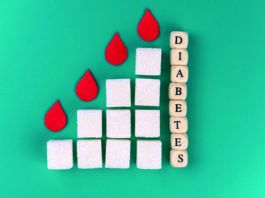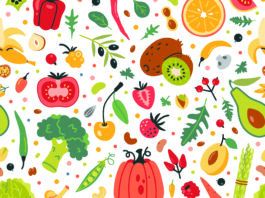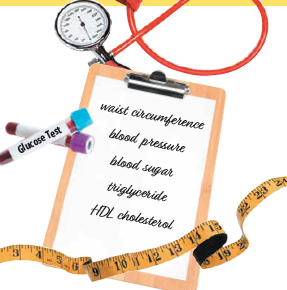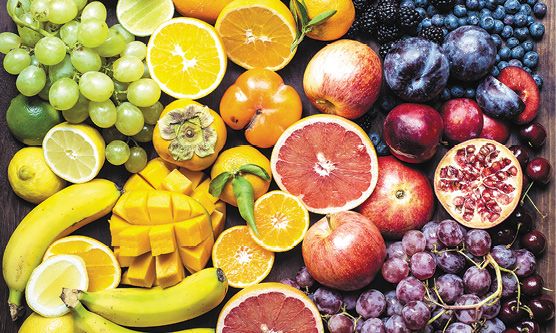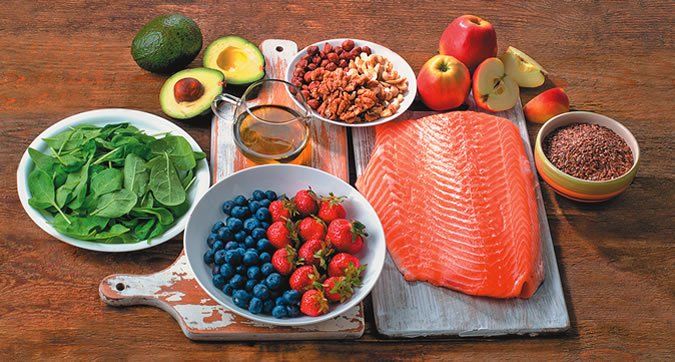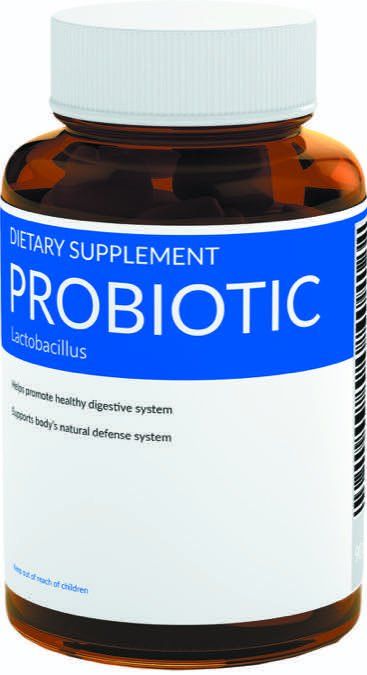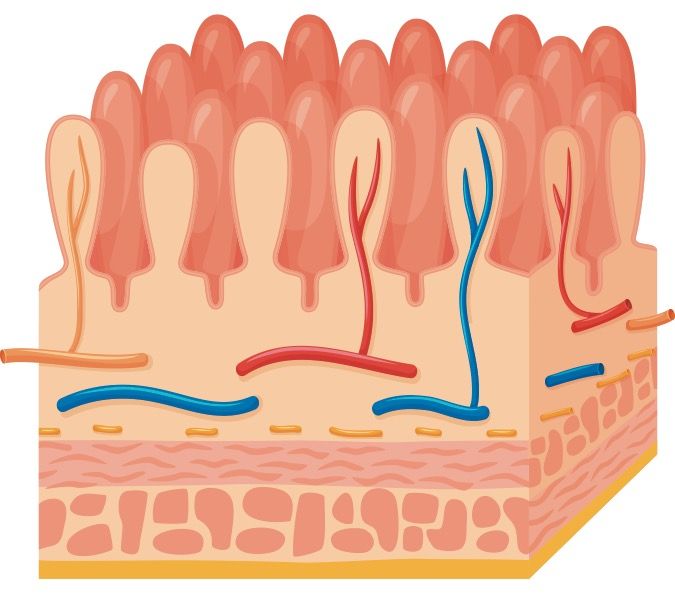Do You Have Metabolic Syndrome?
About one in three U.S. adults has metabolic syndrome—a group of conditions that together indicate higher risk for a number of serious health conditions....
NEWSBITES AUGUST 2023
Associations of Plant-Based Foods with Health Depend on the Level of Processing
A plant-based dietary pattern limits or avoids animal products (meat, poultry, fish,
eggs, and...
Coffee—Good or Bad?
According to the National Coffee Association, 62 percent of U.S. adults drink coffee every day. There is a lot of research on how coffee...
NEWSBITES May 2023
Healthy Pre-Infection Lifestyle Associated with Lower Risk of “Long COVID”
The COVID-19 virus is here to stay. While new vaccines and treatments have cut the...
Optimizing Sleep
Sleep has a major impact on health. Not getting enough quality sleep is associated with increased risk for cardiovascular disease, type 2 diabetes, high...
Fruits and Prediabetes
Q: I have recently been diagnosed with prediabetes. Should I stop eating sugary fruits?
A: Richard Siegel, MD, co-director of the Diabetes and Lipid Center...
FDA Questions Claims on Dietary Supplements Marketed for Diabetes
The FDA and the Federal Trade Commission (FTC) recently issued warnings to 10 companies regarding fraudulent marketing claims that their dietary supplements prevent, treat,...
Healthy Diet and Lifestyle to Sidestep Metabolic Syndrome
Three or more key factors add up to a higher risk for heart disease and diabetes. But healthy nutrition and exercise reverse the trend.
Debunking 6 Probiotic Myths
Some people use supplements and fermented foods containing probiotics-beneficial bacteria and yeasts-in an effort to improve health. But, is there good science behind them? Probiotic experts help clear up six common myths.
The Lowdown on Leaky Gut
As the popular depiction of leaky gut goes, damage to the lining of the small intestine can release undigested food particles, bacteria and toxins into your bloodstream. And, that can potentially spur a myriad of health problems ranging from digestive issues to joint pain. Without a doubt, this description is oversimplified and misleading. But, its worth looking at whether leaky gut-or more precisely, increased intestinal permeability-is a legitimate concern.

























